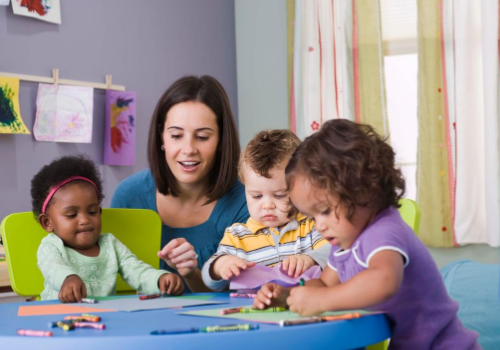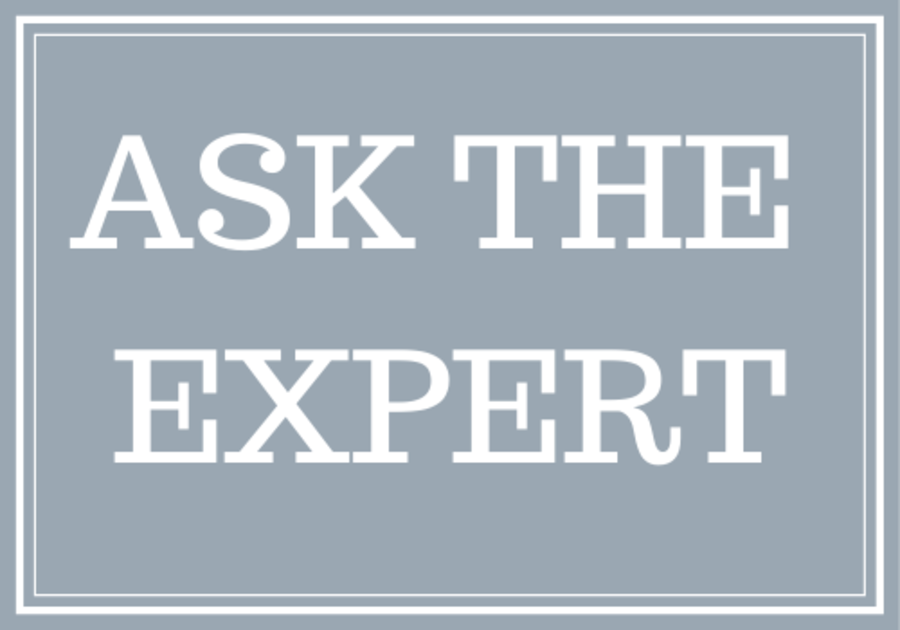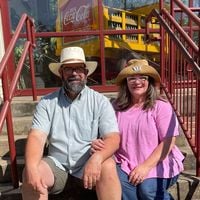What is the difference between speech and language?
When a speech-language pathologist refers to speech, we are talking about a person’s speech sounds or articulation skills, voice, and fluency (or how smooth a person’s speech is). SLPs assess the sounds individually and within words, phrases, sentences, and conversation to identify which sounds are in error for the child’s age and gender. Language encompasses the words we use and how we use them to communicate and get what we want. Receptive language is an individual’s ability to understand incoming information. Expressive language is the ability to share thoughts, ideas, and feelings through verbal or written modes of communication.
Tell me about typical development in toddlers and preschoolers.
- Toddlers between 1 and 2 Years of age-should be able to point to a few body parts, follow simple directions (throw the ball), use a lot of new words, and should begin to put two words together by the time they are 2.
- Toddlers between 2 and 3 years old-should be able to understand opposites like stop/go; follow 2-step directions (get the ball and put it in your room); use beginning prepositions like in, on, or under; and talk about things that are not in the room.
- Children between 3 and 4 years old-should be able to use and understand some prepositions, colors, and shapes; ask wh- questions (who, what, when, where, why); and put four words together to form a sentence. Check out the developmental charts from the American Speech-Language Hearing Association for more examples: https://www.asha.org/public/speech/development/chart/

My son is four. What speech sounds should he have mastered by this point?
He should have these sounds mastered: p,b,m,n,d,t,k,h,w, and g. I typically use the Iowa-Nebraska Articulation Norms when looking at speech sound development.
What are some indicators of a language delay?
The American Speech-Language Hearing Association lists the following as potential indicators of a language delay:
| Birth–3 months | Not smiling or playing with others |
| 4–7 months | Not babbling |
7–12 months | Making only a few sounds. Not using gestures, like waving or pointing. |
| 7 months–2 years | Not understanding what others say |
| 12–18 months | Saying only a few words |
| 1½–2 years | Not putting two words together |
| 2 years | Saying fewer than 50 words |
| 2–3 years | Having trouble playing and talking with other children |
2½–3 years | Having problems with early reading and writing. For example, your child may not like to draw or look at books. |
Source: https://www.asha.org/public/Early-Identification-of-Speech-Language-and-Hearing-Disorders/
What can a parent do to encourage speech and language development?
Talk, talk, and talk some more! Exposing children to a rich vocabulary model from the beginning is so important in their development! Read books and play with your child while talking about what you are doing. If you are at the grocery store, for example, talk about the items that you see-the color, size, or shape. As your child begins to use words, expand on what they say. If a child says, ‘ball blue’, his or her parent can then expand that by saying something like, ‘Yes, the ball by the fence is blue!’
Will sign language cause a baby or toddler to develop language at a slower pace?
A typically developing child that learns sign language should not be affected negatively. Some parents think that sign language will cause their child to not use words; however, the opposite is usually true. Children that learn a few basic signs like ‘more’ and ‘all done’ along with others are learning that their actions have meaning and get them what they want. This understanding is crucial in language development as they learn that not only do their actions have meaning, but their words do too. I always encourage the use of signs with children that are non-verbal as well. This can play a huge role in reducing frustration for a child that is not able to express themselves verbally with the long-term goal of incorporating sounds and words with the signing.
If a parent is concerned about their child’s speech or language development, what are the next steps?
Speak with your child’s pediatrician about your concerns related to speech and/or language development. Typically, there are three avenues you can take when pursuing an evaluation. For children birth to three years of age, Early Steps is a great option. If a child is age 3 or older, a parent can contact their local school district to ask about a speech and language evaluation. For all ages, private therapy is also an excellent option. We have several amazing therapy clinics in our area that go above and beyond in evaluating and treating developmental delays and disorder
What does a speech and language evaluation involve?
A licensed speech-language pathologist will evaluate your child’s speech and language skills by using a variety of assessment strategies. You may see the SLP play with your child or perform a formal assessment where your child is asked to identify pictured objects for example. Both assessments can give the therapist information that will help them diagnose a possible delay or disorder. Following the evaluation, the SLP will discuss their findings and recommendations related to intervention. If you are unsure if your child needs intervention for a speech or language delay, an evaluation will provide a clearer picture on their abilities and if there is an area that is delayed.
When is the best time to begin intervention?
Today!! The earlier the better! Current research recommends intervention as early as possible in order to have the best chance at developing skills as close to age expectations as possible.
Sara Chauhan, MS, CCC-SLP
Speech-Language Pathologist
About the expert:
Sara Chauhan has practiced as a licensed and certified speech-language pathologist in the Monroe/West Monroe area for the past seven years. She has provided speech and language services within a private practice setting, with Early Steps, and for the last five years with the Ouachita Parish School Board. She completed her undergraduate degree at Louisiana Tech University and her graduate degree at the University of Louisiana at Monroe.
Like this article? Macaroni Kid Monroe - West Monroe is full of useful local information like this PLUS find great family-friendly events on our event calendar.



